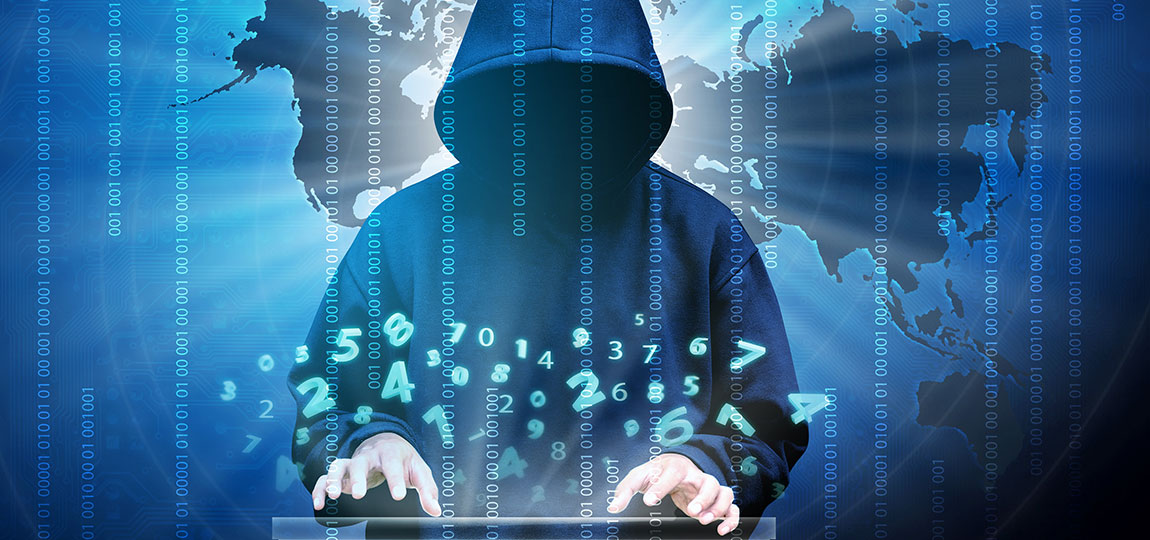When’s the last time you changed the password for your online banking account? Or for the website where you pay your credit card bill? If you can’t remember, now’s a good time to switch it up. And don’t create a new password that’s easy to figure out, or use the same password you’re already using for other accounts. That’s just looking for trouble.
Cyber security experts offer a number of tips to help ward off online thieves. And rightfully so, since millions of people fall victim to cyber-crimes every year.
Have a password that’s easy to remember? Chances are it’s going to be easy for a thief to figure out, too. Sure, it’s hard to forget “123abc”, but using such a short and simple password is an open invitation to cyber theft.
Mix it up. Experts recommend using a combination of upper and lower case letters, numbers, and symbols to create a password. And throw in a made-up word or two, like “beahighve” or ‘”jabberwockysnark”.
Don’t get personal. You know how you post all those photos of your pet on Facebook and mention her by name, then use that name as a password? That’s easy pickings for a thief. So stay away from such things as names, birthdays and addresses.
Make it long. The longer the password, the harder it is to crack. That is, if you follow the previous suggestions for creating a password.
Don’t share. This may sound rude, but passwords aren’t meant to be shared with friends, partners, family members, or neighbors. They’re intended to protect you and your information. So keep them to yourself.
Alter them frequently. It’s recommended that passwords be changed every month or so.
Get some help. If you’re having a tough time keeping track of all your passwords, there are software programs that can manage them for you. Some are free; others you have to pay for. These programs store your login credentials for all the websites you use, and help you access those sites automatically. They encrypt your password database with a master password, which is then the only password you have to remember.
Stay out of the public eye. That free Wi-Fi at the coffee shop down the street may be enticing to use, but it’s not going to protect you from cyber crooks. They love public Wi-Fi because it gives them easy access to people’s passwords and online accounts.
Don’t get lazy. Isn’t it great how some websites will “remember” your login and password information for you so you don’t have to type it in every time you visit those sites? Convenient, yes, but this “remembering” feature is yet another avenue cyber thieves can use to uncover your login credentials.
Remember that when it comes to passwords, the first line of defense is you. So don’t open yourself up to thievery by failing to follow these basic password safeguards.
